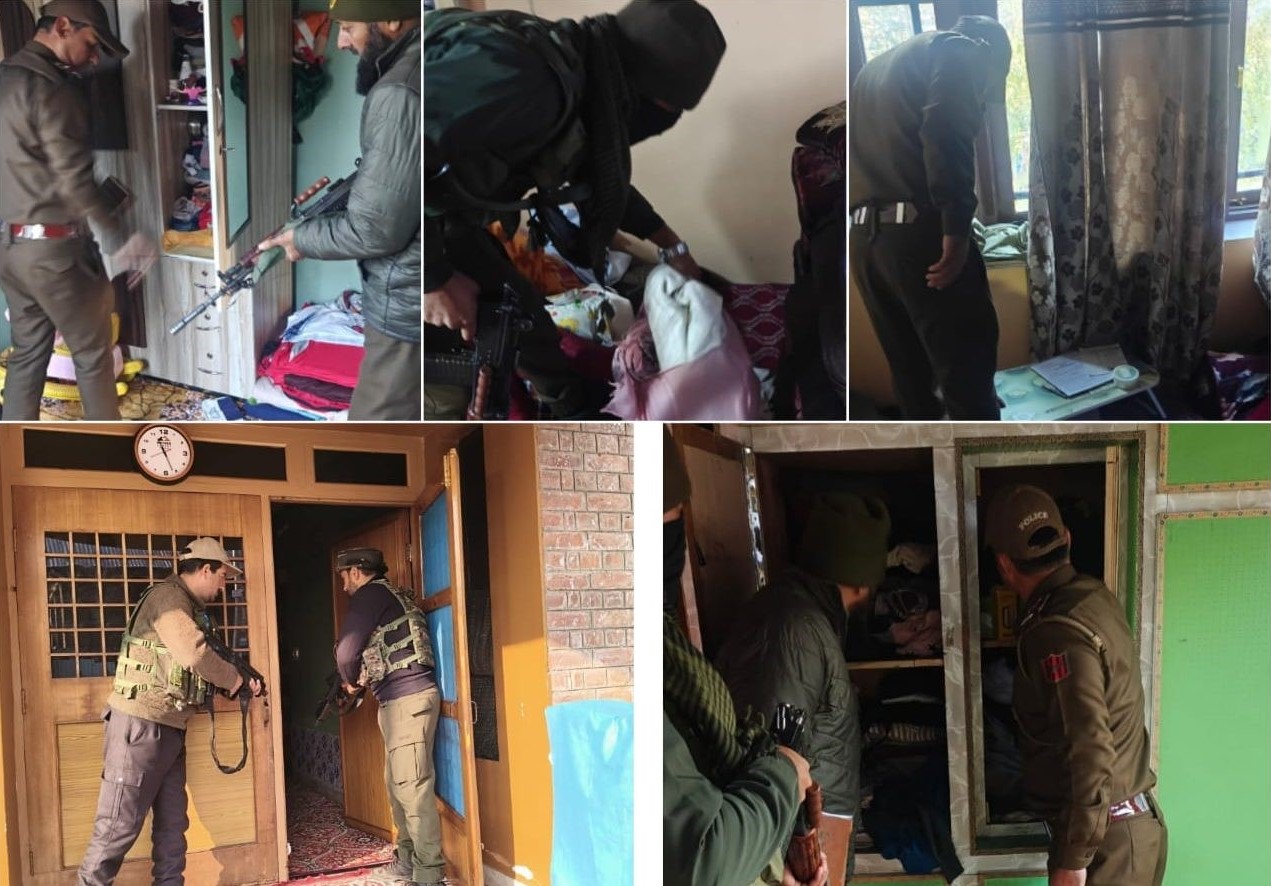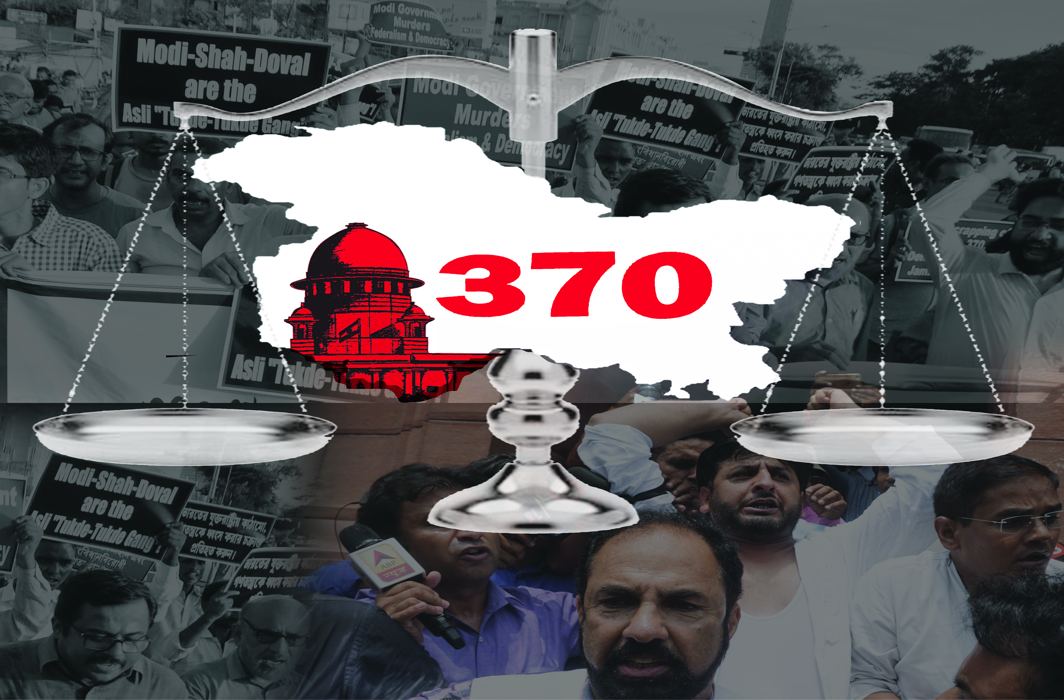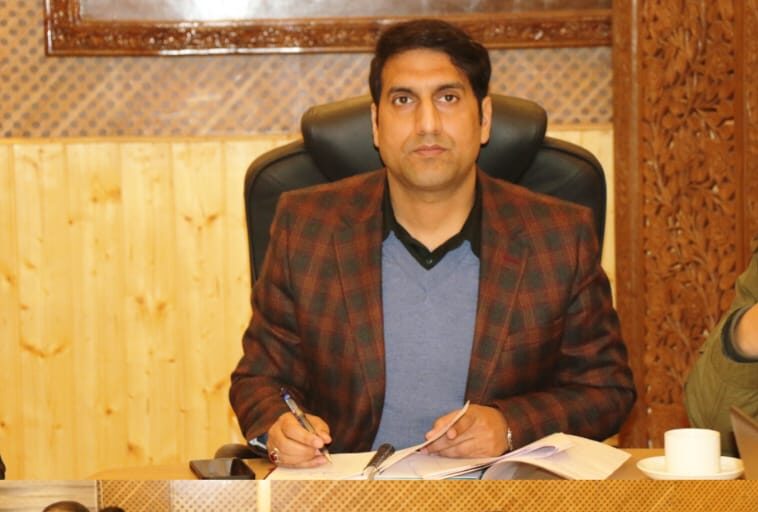Kashmir Crackdown After Delhi Blast: Over 600 Detained in JeI Raids, Mehbooba Mufti Warns Against Collective Punishment
By: Javid Amin | 12 November 2025
In the immediate aftermath of a car explosion near Delhi’s Red Fort metro station, Jammu & Kashmir has seen one of its most intense security operations in recent years. Authorities, citing intelligence linking a “white-collar terror network” to the blast, have conducted hundreds of searches across the Valley, detaining well over 600 individuals, including professionals. At the same time, political leaders have raised alarm bells about the erosion of civil rights and the risk of collective punishment.
This article explores what we know so far: the raids, the target groups, the allegations, the rights concerns, and the implications for Kashmir’s security and political climate.
Crackdown in the Valley: Scale and Focus
The Raids: Numbers, Locations, Targets
-
According to Jammu & Kashmir police and news reports, coordinated raids were launched across districts such as Kulgam, Shopian and Pulwama. One report cited more than 400 cordon and search operations (CASOs) in a matter of days.
-
At least over 600 detentions (some sources use “about 500”) have been reported in connection with the investigations.
-
The crackdown specifically targets the banned Jamaat-e-Islami (JeI) organisation in Kashmir, said to be the operational ecosystem under scrutiny. Often described in reports as a “white-collar terror network” involving professionals.
Key Suspects & Modules
-
Reports indicate that the driver of the i20 car that exploded near Red Fort — identified as Dr Mohd Umar (as per some sources) — might have links to the Kashmir module and fled after his colleagues’ arrests.
-
A cleric and paramedic from Shopian, identified in India Today reporting as Irfan Ahmad Wagay, is alleged to have recruited professionals into the network.
-
Allegedly, explosives, arms and digital evidence were seized in the course of these operations.
Shift in the Nature of the Threat
Traditionally, security operations in Kashmir have focused on militants, guns, and militants’ hideouts. What stands out in these recent raids is the focus on professionals — doctors, academicians, administrators — who are alleged to have served as part of an “over-ground network” supporting extremist activities.
This represents a strategic shift in framing the security threat: from visible armed insurgency to what officials call a hidden ecosystem of educated individuals facilitating radicalisation, logistics, recruitment, and perhaps financing.
Professionals Under Scrutiny: The New Frontline of Intelligence
One of the most striking aspects of this crackdown is the profiling of professionals — a doctor driving a blast car, clerics recruiting paramedics, instructors and graduates being questioned.
This has stirred concerns among Kashmir’s educated youth and professional classes.
What the investigations suggest
-
Reports: A doctor linked to the i20 explosion may have been part of a panic-triggered explosion rather than a planned suicide attack.
-
Intelligence agencies describe the network as “white-collar terror” — professionals working behind the scenes of wide-scale radicalisation.
-
Search operations recovered digital devices, prints, records, and materials that indicate broader networks rather than isolated incidents.
Civil-liberty and profiling concerns
While security officials argue the operations are necessary, critics point out the risk of:
-
Detaining people based on associations rather than offences proven in court.
-
Profiling entire professions (doctors, teachers) or families based on alleged links.
-
Undermining the trust of professional and educated Kashmiris in the state and security apparatus.
In a region where identity and governance are already contested, disillusionment among graduates and professionals could have longer-term political and social costs.
Mehbooba Mufti’s Response: Balance Between Security & Rights
Mehbooba Mufti, President of the People’s Democratic Party (PDP), issued a statement asking authorities not to criminalise the families of suspects even as the crackdown proceeds. She emphasised that while the blast must be condemned and security upheld, justice must also be fair and transparent.
“The families of suspects must not be treated as criminals,” she said, urging the administration to ensure that investigations do not turn into collective punishment.
Her remarks reflect a difficult balancing act — supporting the need to strong-arm terrorism modules while warning against overreach and erosion of civil rights in Kashmir’s volatile setting.
Why This Crackdown Matters: Security, Politics & Social Dynamics
Security implications
-
If the Delhi blast is confirmed as terrorism-linked (investigations are still ongoing), these raids could represent a breakthrough in dismantling a previously hidden network.
-
Targeting professionals may cut off an operational flank of radicalisation and logistics previously under-addressed.
-
On the other hand, sidelining due process or over-broad detentions may undermine intelligence cooperation from the local populace.
Political and governance implications
-
The crackdown amplifies tensions over the balance between law-and-order and civil rights in Kashmir.
-
Opposition parties will use this to question the administration’s fairness and its respect for rule of law.
-
For mainstream parties, the operations could shift public discourse from political autonomy and statehood to governance, accountability and internal security.
Social impact and youth orientation
-
Educated Kashmiris and youth may feel increasingly alienated if they perceive the crackdown as indiscriminate.
-
The narrative of “professionals under suspicion” might trigger another generation of frustration and disengagement — with long-term consequences for social cohesion.
-
On the other hand, a visible disruption of these alleged networks could bolster public confidence if transparency and fairness are maintained.
Looking Ahead: What to Monitor
-
Official cause of the Delhi blast: Investigations are still underway; if confirmed terrorism, it will shape the credibility of the crackdown.
-
Due-process of detainees: Are arrestees being produced in court, are charges being framed, are families given rights?
-
Transparency around seizures: What materials were found, what are the links to JeI, how professional networks were mapped?
-
Impact on JeI’s ground presence: Will these raids significantly weaken the banned group—or will it adapt underground?
-
Public and professional response in Kashmir: How do doctors, teachers, youth respond to the operations? Will civil-society voices emerge?
-
Political fallout: Parties like PDP, NC and others will shape the narrative — whether this prioritises security or raises governance concerns.
Conclusion
The post-blast crackdown in Kashmir marks a critical juncture — at the intersection of security operations, professional-class alienation, rights discourse and political strategy. The sheer scale of raids and detentions shows the seriousness with which the state views the threat. But the long-term impact will depend not just on arrests and seizures — but on how fairly, transparently and effectively justice is delivered.
If Kashmir’s young professionals believe they are being treated as suspects instead of citizens, the backlash may run deeper than the current operation. Conversely, if the operation genuinely disrupts a dangerous network and is handled with procedural fairness, it could restore some measure of state-society trust.
In a region already marked by mistrust and high-stakes politics, how the state acts now could determine whether stability is restored — or resentment deepens.



